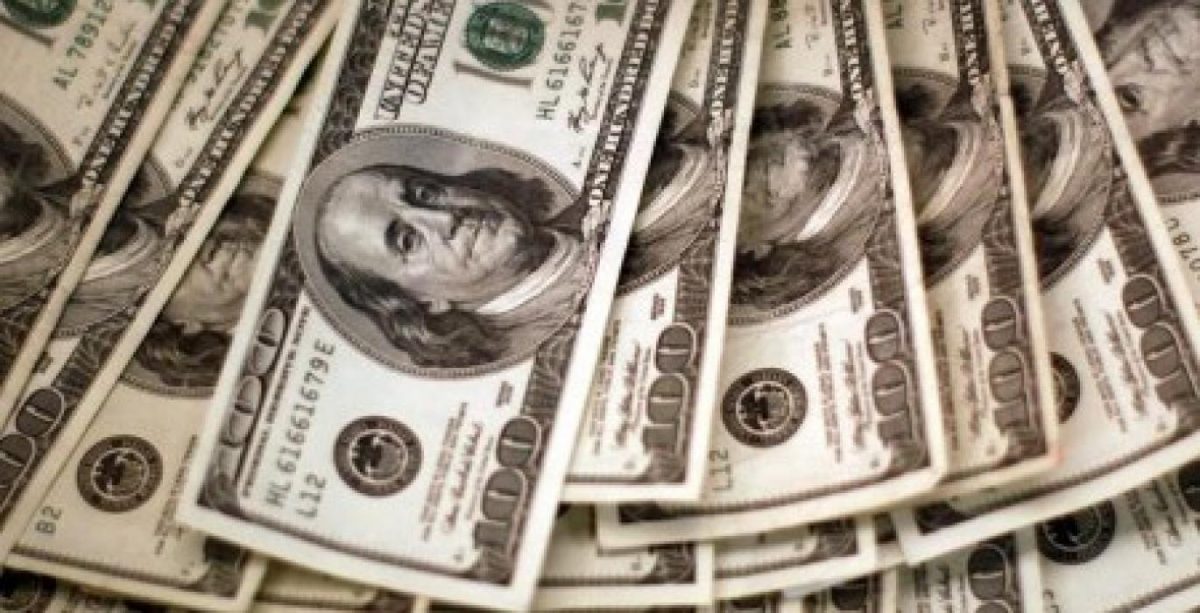NEW YORK (Reuters): The U.S. dollar fell on Tuesday as risk appetite improved after U.S. President Donald Trump accepted the transition to a Joe Biden presidency and on optimsim that COVID-19 vaccines are close to being rolled out.
The dollar index pared much of its earlier losses, however, and held above a key technical support. Analysts said that the greenback may need a new catalyst to push it significantly lower after dropping to near three-month lows this week.
“It seems like there is a very, very strong tension between the bulls and the bears … between the longer-term positives of the vaccine and what seems like a relatively sturdy U.S. economy, and the near-term outlook, which is a bit darker in terms of the COVID situation,” said Erik Nelson, a macro strategist at Wells Fargo in New York.
The dollar index was last down 0.09 percent at 92.415, having reached a three-month low of 92.013 on Monday.
The index dropped slightly after data showed U.S. consumer confidence fell more than expected in November, with encouraging vaccine news countered by a widespread surge in new COVID-19 infections and business restrictions.
The euro gained 0.15 percent to $1.1859 and the dollar gained 0.1% to 104.71 against the Japanese yen.
The Australian dollar, which is highly correlated to strong risk appetite, gained 0.53 percent to $0.7324 after touching an almost three-month high of $0.7367.
Bitcoin gained more than 5 percent to $19,343 and is approaching its record high of $19,666 from December 2017.
Trump acknowledged that the head of the General Services Administration should go ahead with a transition to a government led by President-elect Biden, despite plans to continue with legal challenges to election results.
Democratic allies to the Biden campaign said former Federal Reserve Chair Janet Yellen is expected to be nominated as Treasury Secretary. She has called for increased government spending to lift the economy out of a coronavirus-induced recession.
“That should be a positive appointment from the market’s point of view as she is expected to pursue conventional policies,” Commerzbank strategists said in a daily note.
“And as far as the fiscal package is concerned, she is likely to listen to the Fed’s demands and try and push a package as much as possible.”
That said, Yellen has also expressed concerns about rapidly rising U.S. debt and the worsening budget deficit.
“She’s had mixed comments I’d say on the federal budget,” said Nelson. “I’m not saying she’s going to be a big time budget hawk, but I don’t know if she’s quite as much of a budget dove as people are willing to admit.”
